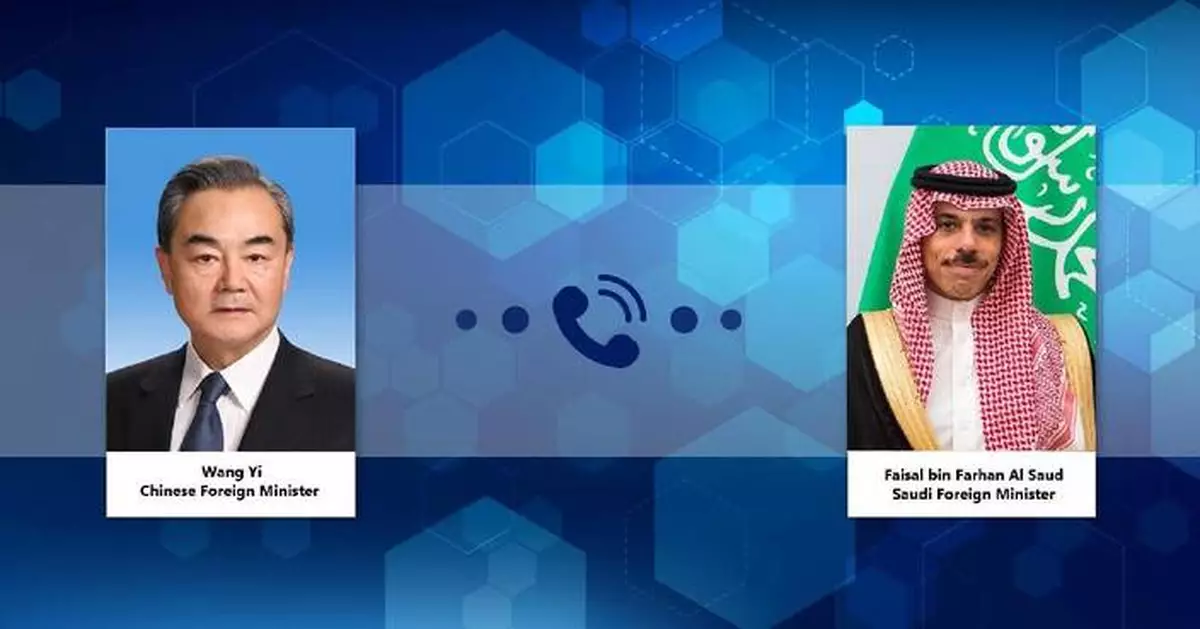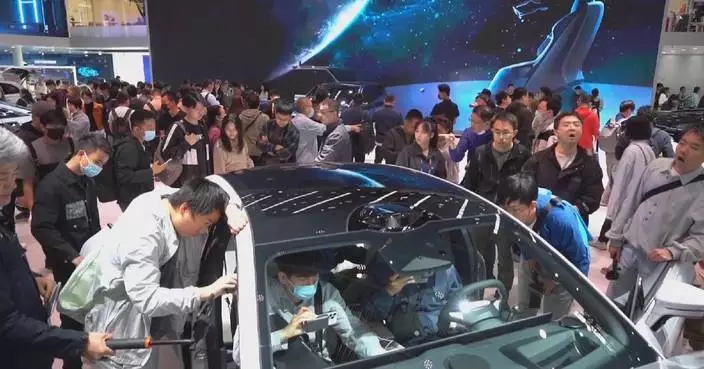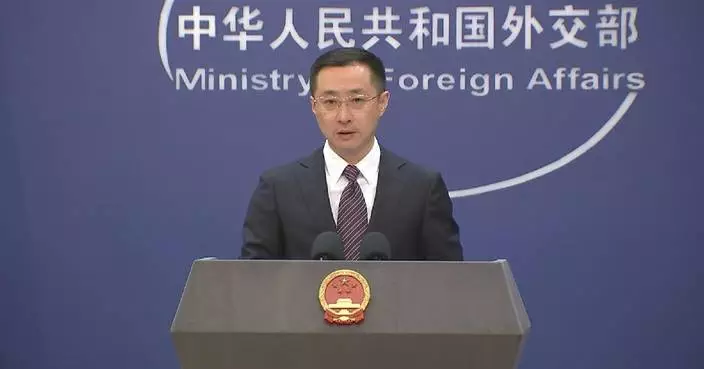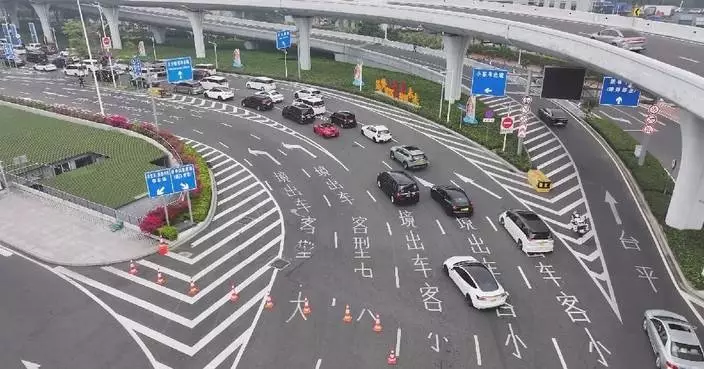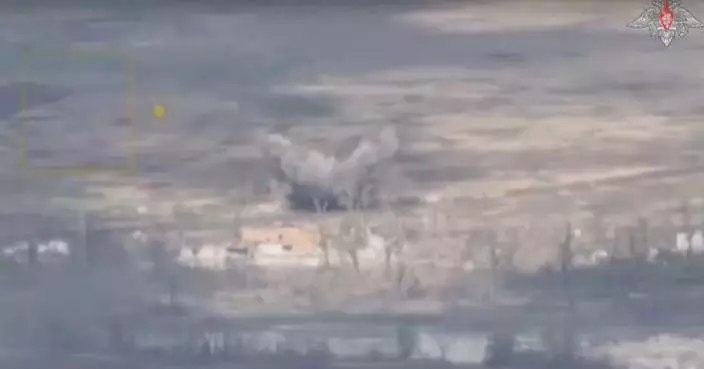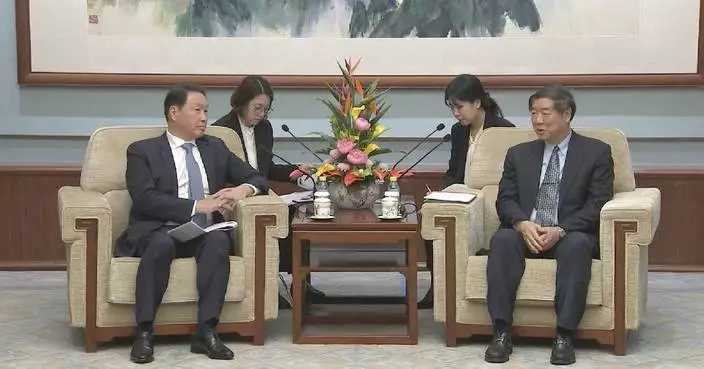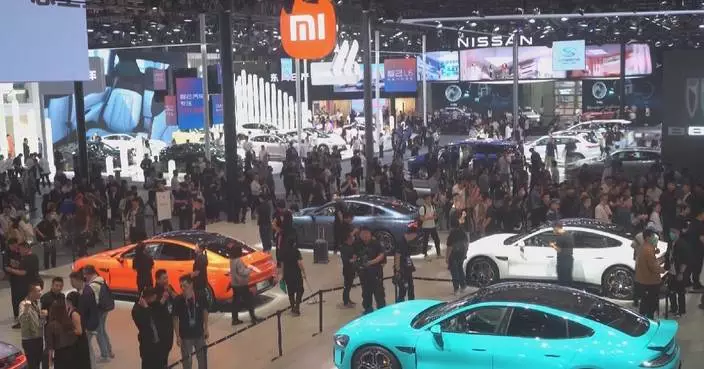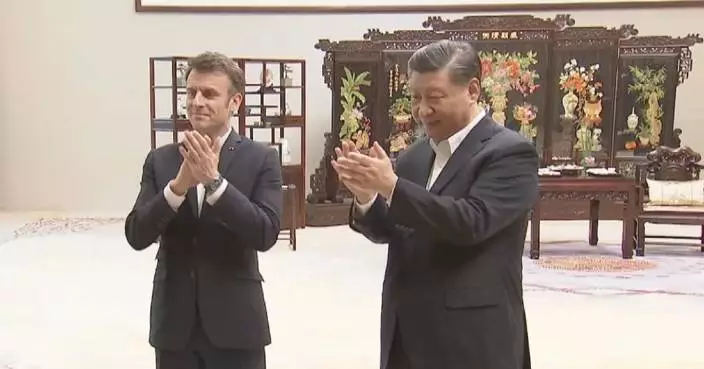Chinese Foreign Minister Wang Yi and his Saudi counterpart, Faisal bin Farhan Al Saud, held phone talks on Monday regarding the regional situation in the Middle East as well as China-Saudi Arabia ties.
Wang, also a member of the Political Bureau of the Communist Party of China Central Committee, said that China firmly opposes the attack on the consular section of the Iranian embassy in Damascus, which is a serious violation of international law.
At the same time, Wang said, China has noted Iran's statement that its retaliatory actions are not targeting any neighboring countries and its willingness to continue pursuing a good-neighborly and friendly policy.
The current situation is at a crossroads between escalating tensions or returning to normalcy, Wang said.
Wang said that China appreciates Saudi Arabia's emphasis on resolving issues through diplomatic means, and that China is willing to work together with Saudi Arabia to avoid further escalation of confrontation in the Middle East.
Wang stressed that the current escalation of tensions is the latest spillover of the Gaza conflict, and the pressing task now is to strictly implement UN Security Council Resolution 2728, achieve an unconditional and lasting ceasefire in Gaza, take effective measures to protect civilians and ensure humanitarian assistance.
The Palestinian people have long been denied their legitimate national rights, marking the most prolonged injustices in contemporary times. It is the root cause of the Palestinian-Israeli issue and the core of the Middle East issue, Wang said.
The direction of solutions is implementing the "two-state solution" and establishing an independent State of Palestine, restoring the Palestinian people's legitimate national rights, and realizing peaceful coexistence between Israel and Palestine, said Wang.
The international community should take more proactive actions, support Palestine's full membership in the United Nations, and promote the convening of a larger, more authoritative, and more effective international peace conference to establish a timetable and roadmap for implementing the "two-state solution," said Wang.
China is willing to enhance communication and coordination with Saudi Arabia and make joint efforts to this end, said Wang.
Saudi Arabia is an important partner of China in the Middle East, said Wang, adding that China stands ready to strengthen communication and coordination with Saudi Arabia, follow through on the important consensus reached by the heads of state of the two countries, continuously deepen political mutual trust, and promote bilateral relations to higher levels.
For his part, Faisal said that Saudi Arabia and China share a highly consistent stance on the current situation in Middle East. Both countries advocate for resolving differences through dialogue and are committed to maintaining peace and stability in the Middle East.
Faisal said that Saudi Arabia, deeply concerned about the current escalating situation in the Middle East, hopes that the situation will return to the normal track as soon as possible.
Noting that Saudi Arabia highly expects China to play an active and important role in this regard, Faisal said the Saudi side is willing to strengthen communication and coordination with China to promote an immediate and unconditional ceasefire in Gaza, start the implementation of the "two-state solution," and help achieve stability in the Middle East at an early date.
Saudi Arabia fully trusts China, and is willing to push for the sustainable development of bilateral cooperation, he added.
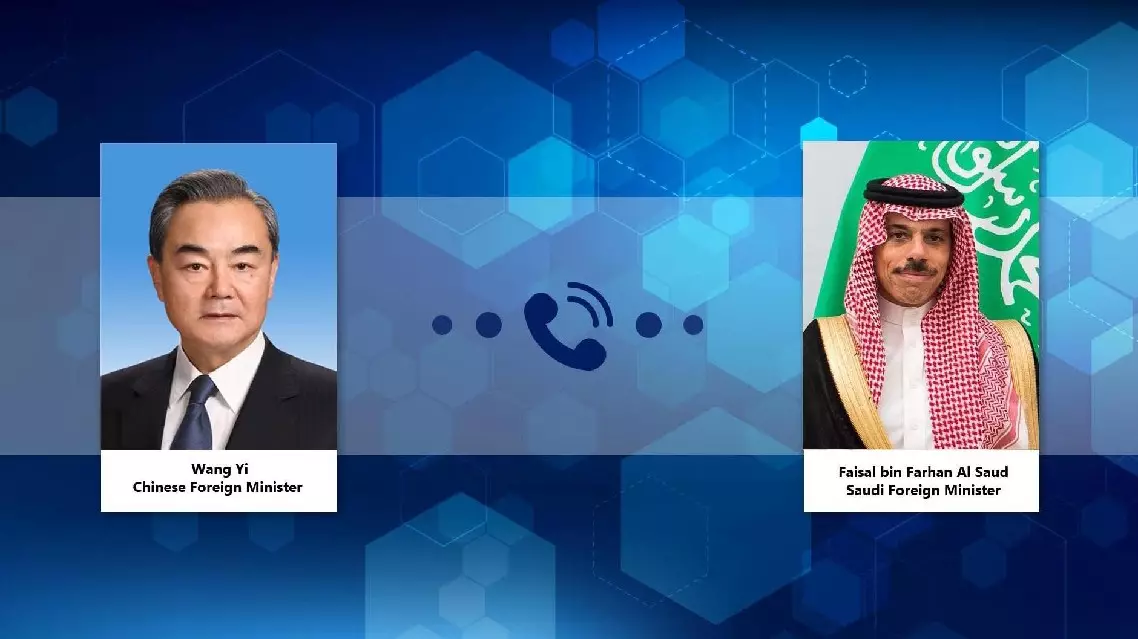
Chinese, Saudi FMs hold phone talks on Middle East's regional situation, bilateral ties


